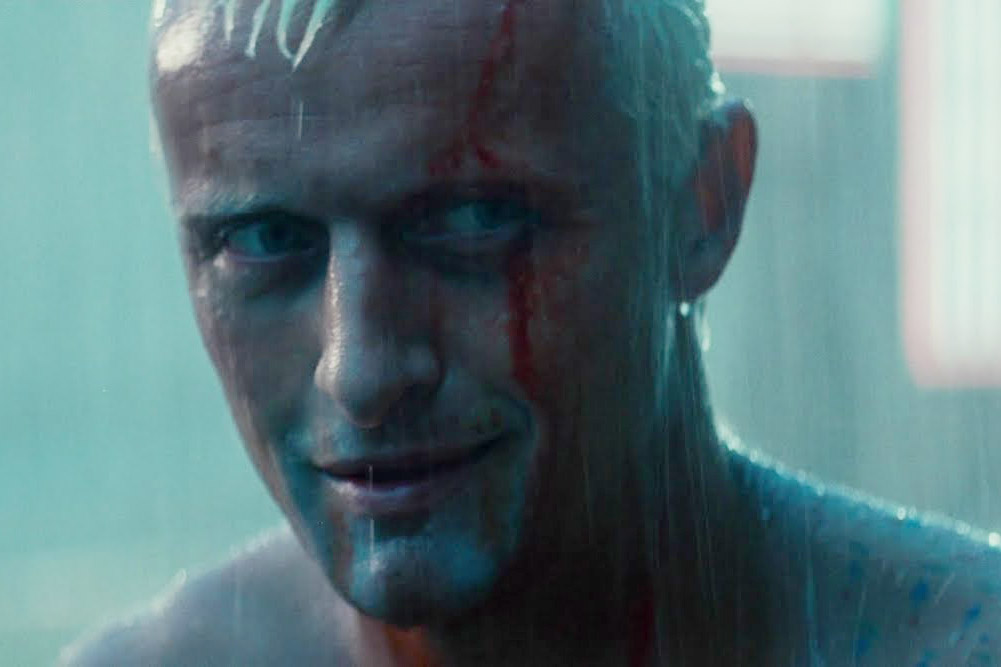At Motherboard, anthropologist S. A. Applin details the perils of taking science fiction as an inspiration for real-world tech innovations. Among other things, writes Applin, this leads to the premature adoption of new technology before it’s adequately tested. It also promotes the notion that all social and environmental problems have an engineering solution. Check out an excerpt from Applin’s piece:
Tech creators and tech billionaires are influenced by Science Fiction for different reasons. Some of these have to do with the narrative of the ‘hero outsider’ who uses their knowledge and skill to fix a problem through engineering a solution or through adapting tools and technology in new ways to solve some type of problem. Other reasons have to do with creating a Utopian society that is “bettered” through time-saving devices that are automated. The doors in Star Trek, the just-in-time data knowledge and data access in any number of films: Blade Runner, Star Wars, Minority Report, etc. and books all are delivered seamlessly in Science Fiction. When things do break, there is often an engineering solution. Even when Science Fiction turns against mankind, as it did in 2001: A Space Odyssey, the gadgets and gear are shown as sufficiently technologically inspiring, so much so that even though it was a warning film of sorts, that element becomes minimized in favor of recreating “cool technology.”
Thus, one myth is that in Science Fiction, a problem is solved because the human engineers were there to apply engineering and tech solutions to solve the problem, and another myth is that automation is seamless and knowledge is easily delivered in relevant contexts to appropriate parties. The reality is that in Science Fiction, problems are solved because the writers wrote a solution; physical objects worked in perfect just-in-time automation; and data and knowledge was delivered accurately in real time because all of those solutions were described to work in ways that are not fully formed, or real.
Additionally, those tech creators and tech billionaires who are influenced by Science Fiction seem to assume that because things in Science Fiction work in the society and culture of those created future-set universes, there is an expectation bias that they will work in our real life and present, without much testing or oversight.
Image: Rutger Hauer in Blade Runner (1982).
